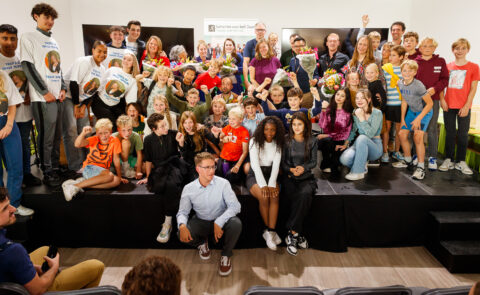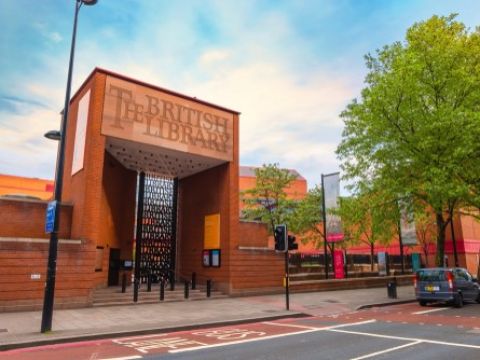Super-powerful letter learning: focus on early, fluent and many, increasing letter knowledge
Science has given us many new insights about letter knowledge and its importance in reading and spelling development. "Children who practice with letters and sounds in grades 1 and 2, and whom we expose early on to a stimulating reading culture in the classroom (and at home), are much more likely to have healthy reading development and much less likely to have reading problems," says Dr. Sebastián Aravena (Director of Content & Development at RID Language Math).
Several studies offer many leads for a good way to teach children letter knowledge and thus boost reading skills:
Start early with letter learning
Preferably begin practicing sound-sign pairings as early as grade 1/2 so that a child begins reading instruction with a solid foundation. Those who know letters with their corresponding sounds can recognize pieces of words and combine sounds themselves to form words.
Focus on letter fluency
The focus is often on letter knowledge, but letter fluency (computerized letter knowledge) in particular makes for fluent and ultimately reading comprehension. You can train this in a fun, effective way with serious games like "KlankKr8. This is great for preschoolers preparing for reading, but also for beginning readers and children who could use a helping hand.
Stop teaching only one letter a week
Research shows, that children benefit from a faster pace, especially weaker readers. With one letter per week, it takes months, before children have acquired enough letter knowledge to really break the "reading code.
Surely you're coming to NOT, right? Register here for free admission.











